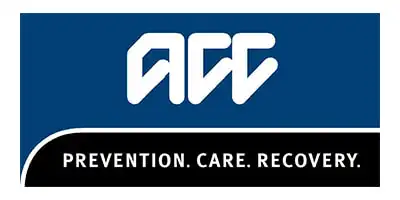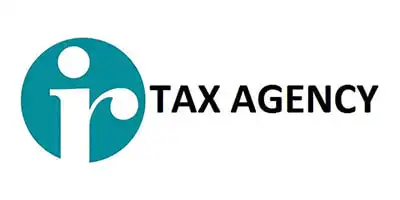CHARITIES TIER 3 & 4
Understanding Tiers for Charities in New Zealand
Charities in New Zealand are classified into four tiers, with tiers 3 and 4 being for smaller charities. The differences between tiers 3 and 4 are mainly related to their level of annual expenses.
| Tiers | Annual Operating Expenses |
|---|---|
| Tier 1 | > $30 million |
| Tier 2 | $2 million – $30 million |
| Tier 3 | $125,000 – $2 million |
| Tier 4 | < $125,000 |
Compliance with Reporting Standards for Tiers 3 and 4 Charities
Charities in tiers 3 and 4 must comply with specific financial reporting standards set by the External Reporting Board (XRB).
In Accordance with Reporting Requirements for Tiers 3 and 4:
Reporting Requirement
Tier 3
Tier 4
Annual financial statements that meet XRB accounting standards
Performance report that provides an analysis of the charity’s financial performance and activities for the year
Statement of service performance that shows how the charity’s services contributed to its overall objectives
Statement of financial performance that outlines the charity’s revenue and expenses for the year
Statement of financial position that shows the charity’s assets, liabilities, and equity
Notes to the financial statements that provide additional information about the charity’s activities and financial position
For Tier 3 charities, the reporting requirements include the preparation of annual financial statements that meet the accounting standards set by the External Reporting Board (XRB). In addition, a performance report is required to provide an analysis of the charity’s financial performance and activities for the year. The statement of service performance is also required to show how the charity’s services contributed to its overall objectives.
For Tier 4 charities, the reporting requirements are simplified and include a statement of financial performance that outlines the charity’s revenue and expenses for the year, a statement of financial position that shows the charity’s assets, liabilities, and equity, and notes to the financial statements that provide additional information about the charity’s activities and financial position.
Compliance with Tax Obligations for Charities
Not-for-profit charities are generally exempt from income tax if they meet certain criteria, such as having charitable purposes and not distributing profits to members. However, they may still have to pay other types of taxes, such as GST or PAYE.
Tax Obligation
Description
Income Tax
Not-for-profit charities are generally exempt from income tax if they meet certain criteria, such as having charitable purposes and not distributing profits to members.
Goods and Services Tax (GST)
Charities that are registered for GST must charge and pay GST on goods and services they provide, but can also claim back any GST paid on goods and services they purchase.
Pay As You Earn (PAYE)
Charities that employ staff must register for PAYE and deduct tax from their employees’ salaries, which is then paid to the Inland Revenue Department (IRD).
Fringe Benefit Tax (FBT)
Charities that provide non-cash benefits to their employees, such as a car, may be required to pay FBT. However, some types of non-cash benefits may be exempt from FBT.
Fringe Benefit Tax (FBT)
Charities that operate gaming machines or run lotteries may be required to pay gaming duty to the IRD.





